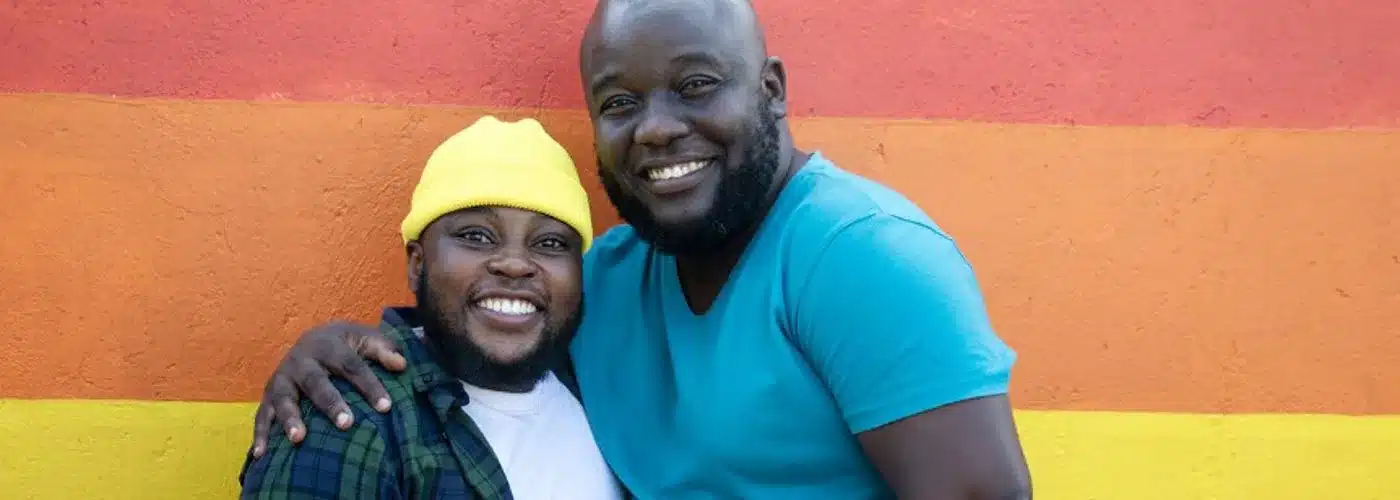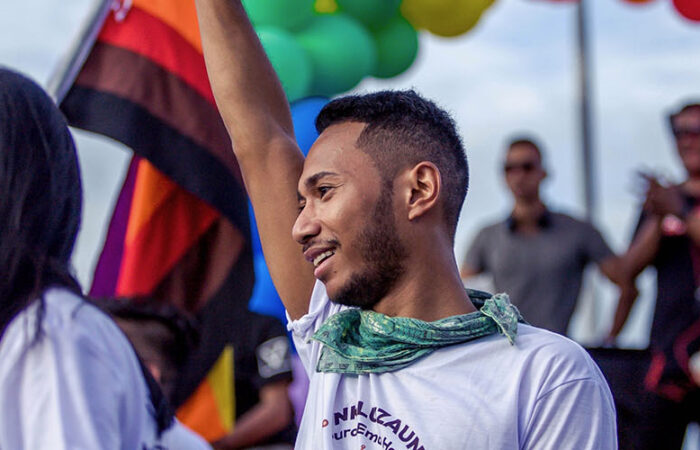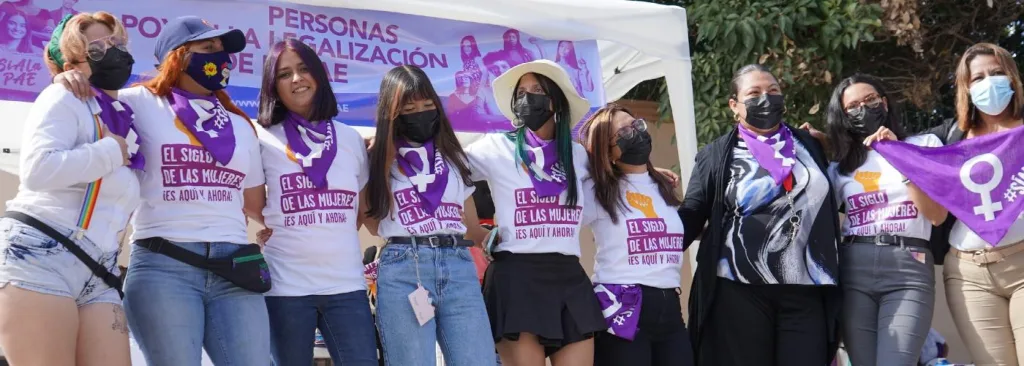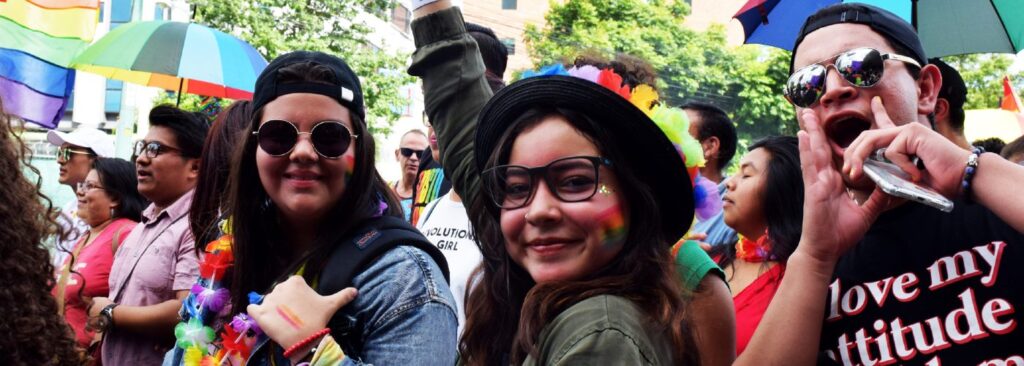From IDAHOBIT to Pride Month 2023 – working with our partners in Zimbabwe
Looking towards Pride Month after having celebrated the International Day Against Homophobia, Biphobia, Intersexphobia and Transphobia (IDAHOBIT) on May 17, our partners in Zimbabwe are helping us raise awareness of the discrimination and violence that LGBTIQ+ people face there – and around the world.
In Zimbabwe Hivos works with diverse groups, amongst which the LGBTIQ+ community. Our Free to be Me program supports organizations and activists working for the human and socio-economic rights of the LGBTIQ+ community in Southern and East Africa (among other areas).
Partnering for one cause
One such partner is the GALZ association, which works with the LGBTIQ+ community in Zimbabwe to protect them and ensure respect for their rights. This year – as every year – GALZ invited community members to come together and discuss issues of discrimination and violence and express their hopes for the future. Events like these, which must take place in a protected space, serve as a reminder of the challenges the LGBTIQ+ community face in the country, just as in most places across the world.
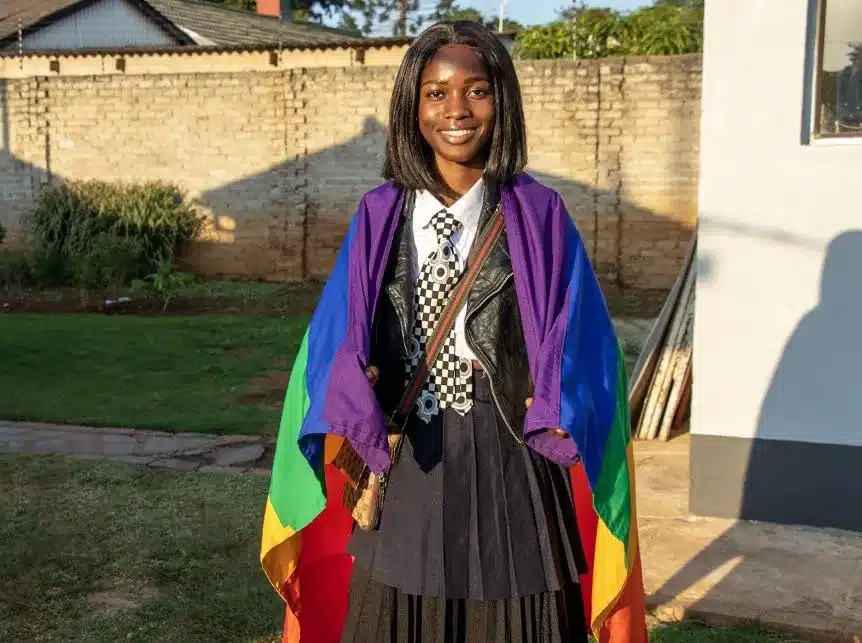
Raising more awareness
Members of the LGBTIQ+ community at the event spoke about the importance of days like IDAHOBIT. Creating more awareness of and understanding for LGBTIQ+ people through celebration is a positive way of advocating for the full respect of their rights.
Kundai Ruwizhi (she/her) pointed out that the recent meetings held with the Ministry of Health both encouraged the community and served as a clear acknowledgement that queer people exist in Zimbabwe and deserve equal rights.
“In Zimbabwe, people know that queer people exist. We talked with the Ministry of Health about issues like stigma and stereotyping. Days like IDAHOBIT are important because when policy makers see our activities across social media, they are more aware of our work,” Kundai said. “This day helps us as a community to celebrate and embrace ourselves. This year’s theme [Together always: united in diversity] reminds us to be together, to embrace ourselves and stand as one.”
-
Gender Equality, Diversity and Inclusion
How we support rightsholders in their efforts to claim the power, agency, and leadership necessary to drive change.
More work still needed
Working in a restrictive environment such as Zimbabwe can be challenging for queer activism, but the steps taken so far are heading in the right direction, said Theddius Sithole.
“My role involves raising awareness of the health issues faced by members of the LGBTIQ+ community. It can be challenging but we are making strides,” Theddius said. “IDAHOBIT helps us to educate people about our needs, and the work we still must do to combat discrimination. We have to advocate with the government to enact policies that protect the rights of queer people. We’ve seen how badly things can go with the Anti-Homosexuality 2023 bill passed in Uganda.”
Fortunately, the government of Zimbabwe, according to Theddius, has been more open to discussions and advocacy movements for the full respect of LGBTQ+ rights in the country.
“Now with the ‘Second Republic’ of Zimbabwe, we’ve been heard and we are making small gains in pushing for the rights of the community. Before, we wouldn’t have managed to even hold this event,” Theddius added.
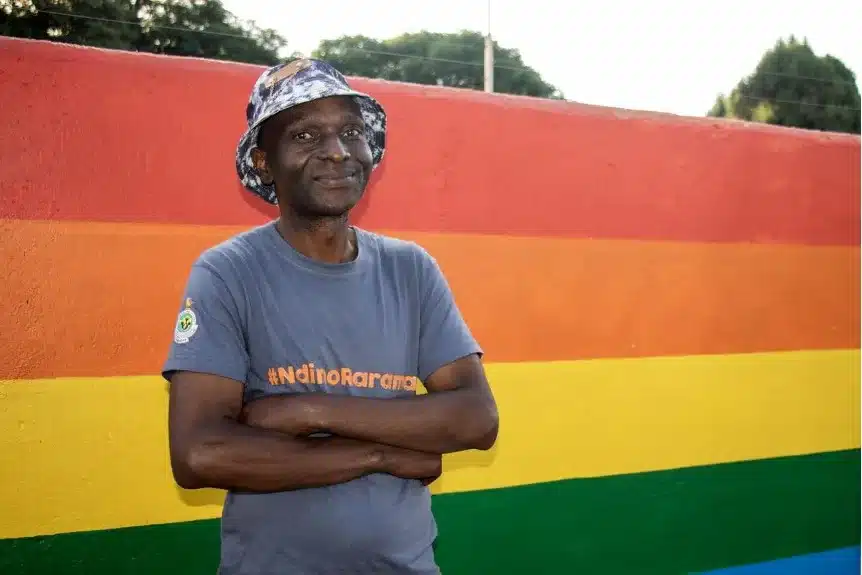
Together always
Hivos is committed to working with allies and human rights defenders to create a more just and equal world for all. We believe that everyone has the right to live their lives free from discrimination and violence. But it is imperative for the government to lead wider communities towards acceptance of and respect for the rights of people different from them.
“The relationship between the government and the LGBTIQ+ community is very important. We are all human beings and deserve protection under the law. The government must adopt policies upholding the rights of the LGBTIQ+ community as a way of protecting not just queer people, but everyone in society,” Kundai said.
The GALZ event was a powerful reminder of the challenges faced by LGBTIQ+ people in Zimbabwe. But it was also a celebration of their strength and resilience.

